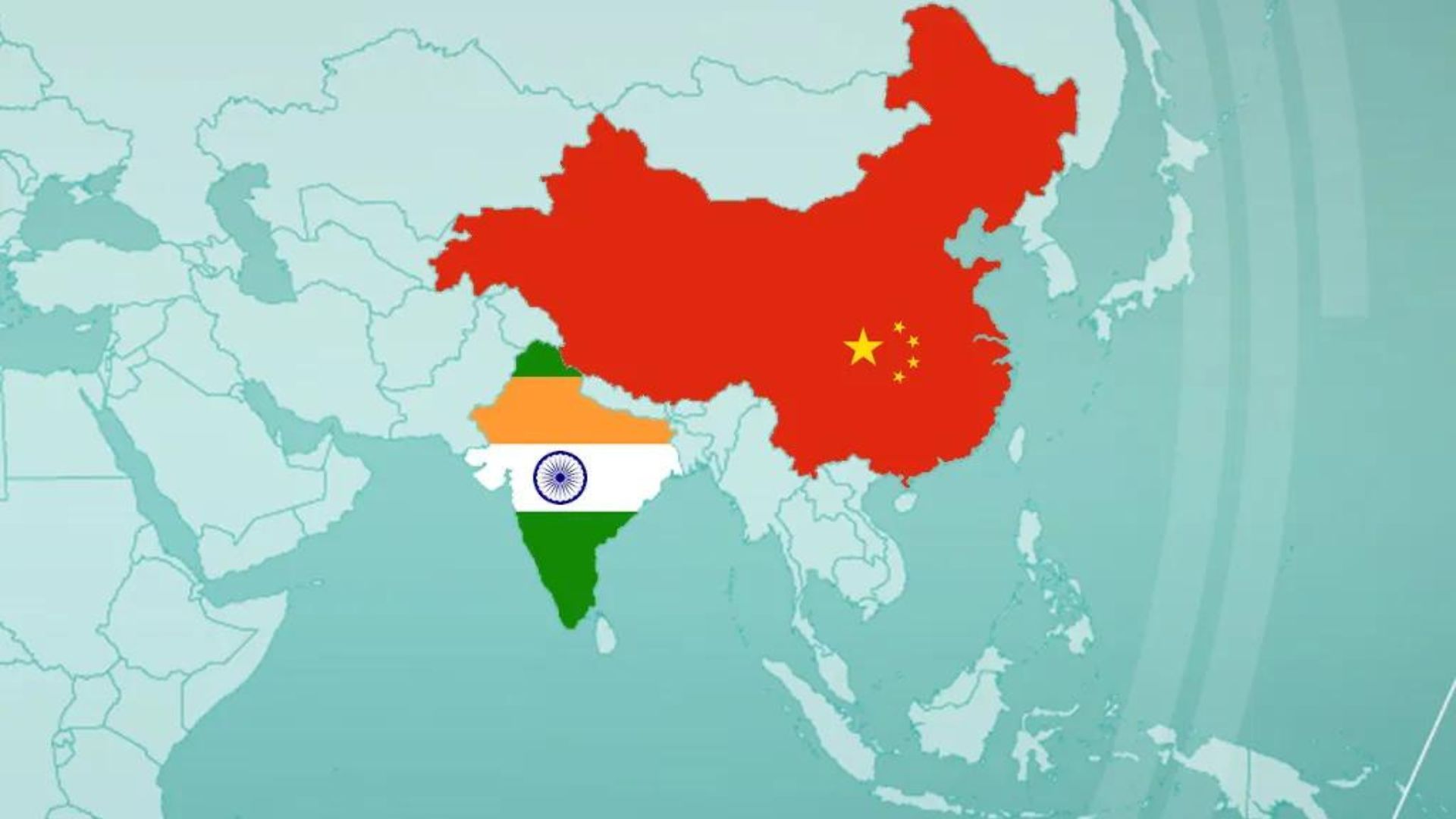The 21st century has witnessed significant shifts in global geopolitical power, influenced by economic, technological, and strategic changes. As traditional power structures evolve, new players and dynamics are emerging on the world stage. This article explores the key factors driving geopolitical power shifts, examines the rise of new global powers, and considers the implications for international relations and global stability.

Factors Driving Geopolitical Power Shifts
Economic Growth and Decline:
- Explanation: Economic performance is a major driver of geopolitical power. Countries experiencing rapid economic growth often gain greater influence, while those facing economic decline may see their global standing weaken.
- Impact: Economic strength enhances a country’s ability to project power, influence global markets, and invest in military and technological advancements.
Examples:
- Case Study: China’s rapid economic growth over the past few decades has significantly increased its geopolitical influence, challenging the dominance of traditional powers like the United States.
Technological Advancements:
- Explanation: Technological innovation plays a crucial role in shaping geopolitical power. Advances in areas such as information technology, artificial intelligence, and military technology can shift the balance of power.
- Impact: Technological prowess can enhance a country’s strategic capabilities, economic competitiveness, and global influence.
Examples:
- Case Study: The development of 5G technology has led to geopolitical competition between the United States and China, with both countries seeking to lead in this critical area.
Strategic Alliances and Partnerships:
- Explanation: Forming strategic alliances and partnerships can enhance a country’s geopolitical position. Alliances provide mutual support, share resources, and strengthen collective influence.
- Impact: Strategic alliances can shift the balance of power by creating blocs of influence and countering rival powers.
Examples:
- Case Study: The North Atlantic Treaty Organization (NATO) remains a powerful alliance, influencing global security dynamics and balancing the influence of other major powers.
Rise of New Global Powers
China:
- Explanation: China has emerged as a major global power, driven by its rapid economic growth, technological advancements, and assertive foreign policy. Its Belt and Road Initiative (BRI) reflects its strategy to expand influence through infrastructure investments.
- Impact: China’s rise challenges the traditional dominance of Western powers and reshapes global trade and security dynamics.
Examples:
- Case Study: China’s growing presence in Africa through infrastructure projects and investments highlights its expanding influence and strategic reach.
India:
- Explanation: India is gaining prominence as a global power due to its robust economic growth, large population, and increasing strategic importance. It plays a significant role in regional security and global governance.
- Impact: India’s rise as a global power impacts regional security dynamics, economic trends, and international diplomacy.
Examples:
- Case Study: India’s growing economic ties with the United States and its role in regional security initiatives in the Indo-Pacific reflect its increasing global influence.
Regional Powers:
- Explanation: Several regional powers, such as Brazil, Turkey, and Iran, are increasing their influence within their respective regions and seeking to expand their global presence.
- Impact: Regional powers can shape regional security dynamics, economic trends, and international relations through their actions and policies.
Examples:
- Case Study: Turkey’s involvement in conflicts in Syria and Libya illustrates its efforts to enhance its regional influence and assert its role in global affairs.
Implications for Global Stability and International Relations
Shifts in Global Alliances:
- Explanation: Geopolitical power shifts lead to changes in global alliances and strategic partnerships. New alignments and rivalries emerge as countries adapt to the changing balance of power.
- Impact: Shifts in alliances can lead to new geopolitical dynamics, influence global trade and security arrangements, and create opportunities for diplomatic engagement.
Examples:
- Case Study: The strengthening of the Quad alliance (United States, India, Japan, Australia) reflects a response to China’s growing influence in the Indo-Pacific region.
Economic and Trade Policies:
- Explanation: Changes in geopolitical power impact global economic and trade policies. Emerging powers may seek to reshape trade agreements, economic norms, and financial institutions.
- Impact: Alterations in economic and trade policies can affect global markets, investment flows, and economic stability.
Examples:
- Case Study: Trade tensions between the United States and China, including tariffs and trade barriers, illustrate the impact of geopolitical shifts on global economic policies.
Security Dynamics:
- Explanation: Geopolitical power shifts influence global security dynamics, including military strategies, defense spending, and conflict management. New power configurations can create security challenges and opportunities.
- Impact: Evolving security dynamics can affect global peace and stability, prompting changes in defense strategies and international security arrangements.
Examples:
- Case Study: The U.S.-China strategic rivalry and its impact on military deployments and defense strategies highlight the influence of power shifts on global security.
Global Governance:
- Explanation: Changes in geopolitical power affect global governance structures and institutions. Emerging powers may seek to reform global institutions or create new mechanisms for managing global issues.
- Impact: Evolving global governance structures can influence international cooperation, policy-making, and responses to global challenges.
Examples:
- Case Study: China’s increasing influence in international organizations such as the United Nations reflects its efforts to shape global governance and policy.
Conclusion
Geopolitical power shifts in the 21st century are driven by economic growth, technological advancements, and strategic realignments. The rise of new global powers such as China and India, along with the influence of regional powers, has reshaped international relations and global stability. Navigating these changes requires adapting to a multipolar world, promoting multilateral cooperation, and addressing global challenges through collaborative efforts. As the geopolitical landscape continues to evolve, understanding these dynamics is crucial for managing international relations and fostering global peace and stability.

